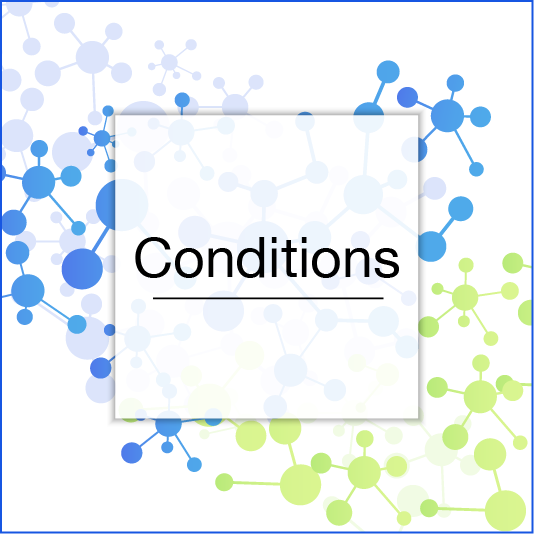
Drug side effects are a significant health issue. Out of all side effects, 10-15% are associated with allergy. In comparison to children, adults tend to be more prone to drug allergies, which are most frequently triggered by antibiotics and painkillers. Allergic drug reactions may emerge in early (initial hours after taking drug) or later (after initial hours) stages. Late reactions are more common than early ones.
What are symptoms of drug allergy?
How to diagnose drug allergy?
There is no clinical laboratory analysis designed to diagnose drug allergy. For this purpose, detailed information is needed; including other drugs that previously caused problems, if any, what symptoms emerge after taking the relevant drug, how severe such symptoms are, how long it takes them to subside and how the patient takes them under control. When evaluating drug allergy, tests should be conducted using suspicious drugs and alternatives depending on the nature of the patient’s complaints. Skin tests and/or comparative tests are beneficial in this regard. If skin tests return negative results, comparative tests are performed. Drugs are administered in small doses. Dosage is then gradually increased to the total dosage the patient is normally required to take, unless reaction is observed. Allergy is ruled out in case of lack of reaction. Otherwise, diagnosis will be considered positive for drug allergy. Drug comparison test is a risky procedure, and should be performed by an experienced physician specialized in allergy in an environment where a resuscitation unit is available. Patients suspected for drug allergy should not take the same drug/a drug of the same category until they have been evaluated by an allergy specialist and undergone relevant tests. Once the final diagnosis of drug allergy has been reached, the patient should keep on them a list of drugs they should avoid taking at all times.
To prevent cross-reactions, patients should definitely inform their physicians about diagnosed drug allergies.
What is drug desensitization?
If a patient is required to retake medication previously identified to trigger allergy (and if no other alternatives exist), an appropriate method of administration should be determined. This is done through “desensitization”, which is the process of administering that specific drug in small incremental dosages. Eventually the patient is rendered capable of tolerating it. Overall desensitization is a risky procedure and should also be performed by a team experienced in anaphylaxis and in an environment where a resuscitation unit is available. Allergic reactions may occur during desensitization in 30 to 80% of patients. Such reactions can be suppressed in most cases. Drug desensitization practices were launched at our hospital in 2015. Desensitization has been practiced using monoclonal antibodies and cancer medication so far.